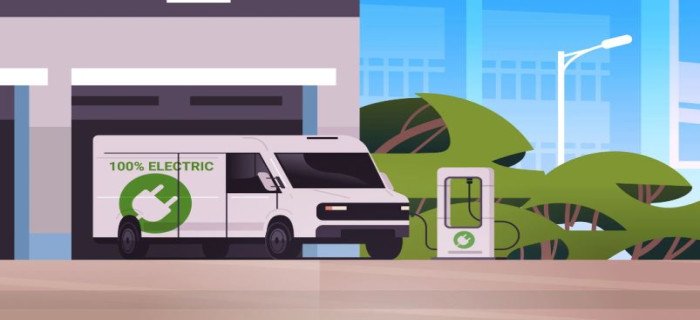
Government Launches ?9.6 Lakh Incentive Scheme for Electric Trucks Under PM e-Drive
14 Jul 2025
The Government of India has unveiled a new incentive program under the PM e-Drive initiative, aimed specifically at accelerating the adoption of electric trucks across the country. This forward-looking scheme will offer a substantial ?9.6 lakh incentive per vehicle to support the deployment of 5,600 electric freight trucks in the initial phase. The program represents a strategic move to decarbonize the transport and logistics sector, which remains one of the largest consumers of diesel and a major source of urban air pollution.
Electric trucks, while environmentally cleaner and more efficient in the long term, come with high upfront costs that have historically discouraged adoption by fleet operators and logistics providers. Through this incentive program, the government hopes to close the cost gap between internal combustion engine (ICE) trucks and their electric counterparts. The ?9.6 lakh subsidy per vehicle is expected to significantly reduce the total cost of ownership for e-trucks and promote mass deployment in cargo-heavy urban and highway corridors.
The scheme is being framed within the larger national goals of reducing fossil fuel dependency, enhancing energy security, and meeting India’s climate targets under the Paris Agreement. Transitioning freight vehicles to electric power will not only help reduce carbon emissions but also improve urban air quality, lower noise pollution, and cut operational costs over time.
This initiative also complements other policies such as the FAME (Faster Adoption and Manufacturing of Electric Vehicles) scheme, the National Electric Mobility Mission Plan (NEMMP), and production-linked incentives (PLI) for advanced battery technologies. Together, these programs aim to establish India as a global hub for electric mobility manufacturing and innovation.
In the coming months, OEMs (original equipment manufacturers) and logistics firms are expected to respond positively to this targeted push. The government is also planning to address critical infrastructure requirements, such as the development of dedicated EV charging stations for heavy-duty vehicles, battery-swapping ecosystems, and financing support mechanisms.
In summary, the ?9.6 lakh incentive scheme for electric trucks is not just a subsidy, it is a catalyst for building a greener, cleaner, and more sustainable logistics future for India.


 (1).gif)
leave your comment